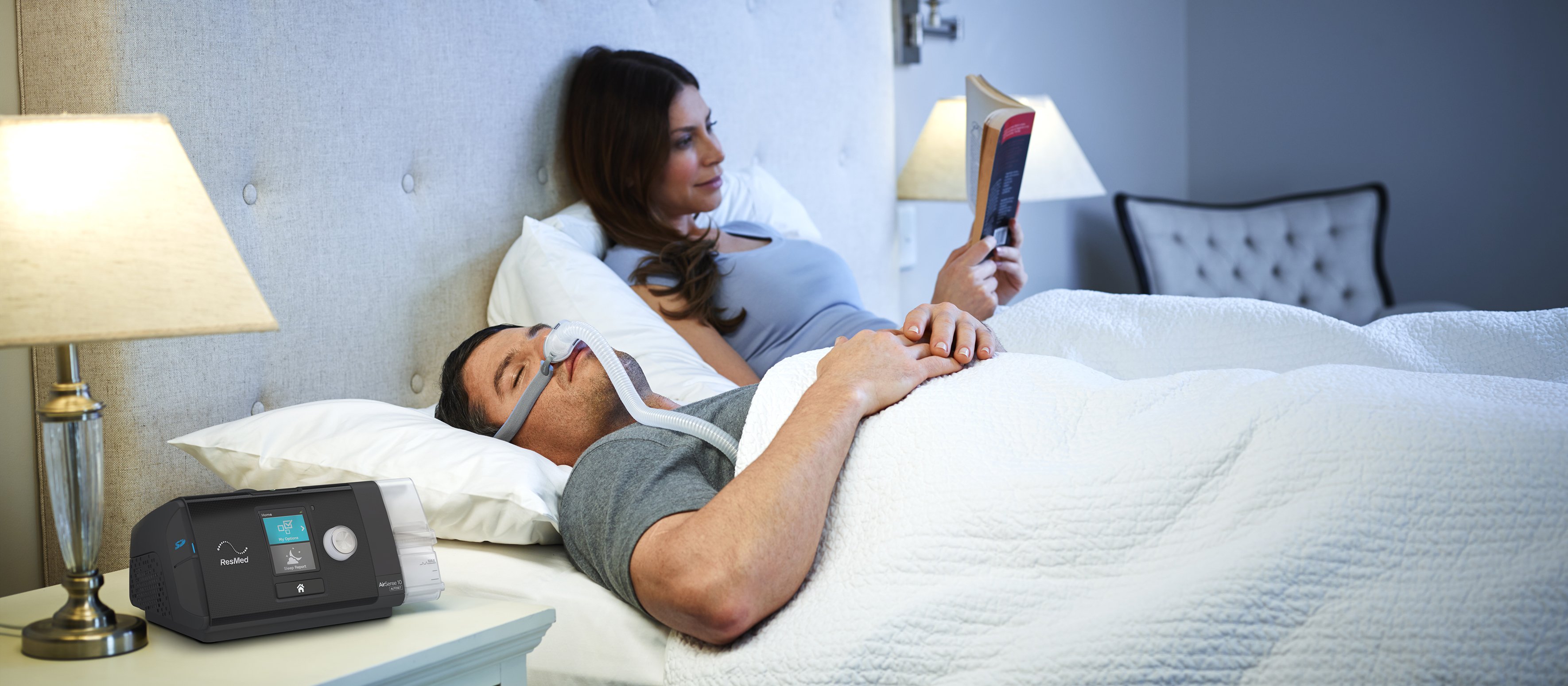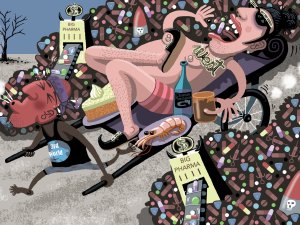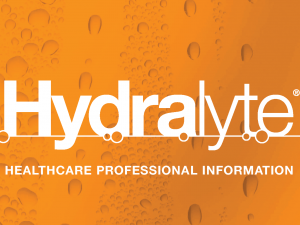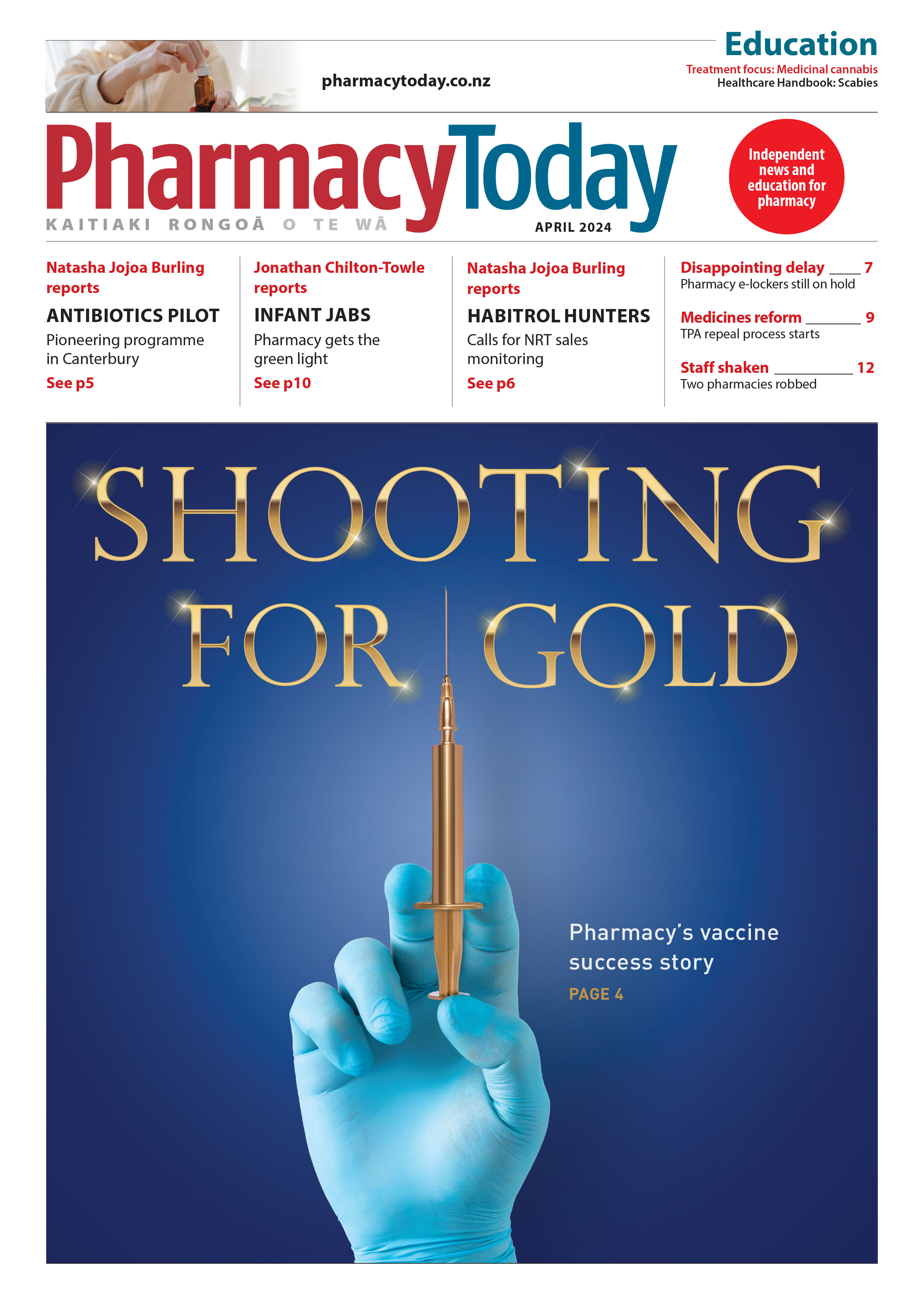In this article, Sue Frankland looks at the global problem of wastage of medications, including causes such as overprescribing and non-adherence. She also presents information from her master’s dissertation on how people understand, and respond to, medication expiration dates
Get checked this World Sleep Day
Get checked this World Sleep Day

Unichem and Life Pharmacy are calling on New Zealanders struggling with their sleep to reach out to their local Unichem and Life pharmacy teams to get tested for sleep apnoea.
Friday, 17 March is World Sleep Day and aims to spread awareness of how good quality sleep is crucial to our physical, mental, and social wellbeing.
According to Unichem and Life Pharmacy Group chief operating officer, Alison Van Wyk, sleep apnoea is one of the most common sleep conditions facing New Zealanders and is contributing to a national epidemic of poor sleep health.
“There are over half a million New Zealanders who suffer from sleep apnoea, a potentially serious sleep disorder in which breathing repeatedly stops and starts. This makes it hard to get normal, healthy sleep and can potentially lead to Type 2 diabetes, high blood pressure, obesity, depression, and strokes.”
Despite its prevalence in New Zealand, 80 per cent of sleep apnoea sufferers are currently undiagnosed. To get diagnosed, most patients undergo an overnight test at a sleep laboratory where key vitals are monitored and analysed as they sleep.
According to Penny Backhouse, Pharmacy Sleep Services Marketing Manager, the traditional pathway for getting tested has been impacted by increasing pressure on our healthcare system.
“Due to growing demands and staff shortages, many people who try to follow the traditional pathway for getting tested stay on long waitlists which delays getting an important diagnosis.
“Pharmacy Sleep Services have developed an at-home sleep test that people can undertake immediately without having to wait for a GP referral. If someone is concerned about their sleep, all they need to do is visit their local participating Unichem or Life Pharmacy, talk to their pharmacist about their sleep and conduct a sleep test that very night.”
Crucial sleep and health data is uploaded from the testing device and sent to a sleep specialist, who can make the diagnosis. Participating pharmacies receive the sleep test within seven days to provide advice to their patient.
A recent study found that nearly 40 per cent of Kiwis are sleeping less than seven hours each night.1
Lack of sleep is consistently linked to problems ranging from psychological distress, poorer sense of health, self-esteem, and life satisfaction.
Retired paramedic Craig Watts knew that he was a loud and frequent snorer, but he wasn’t concerned about it until his wife noticed he would stop breathing in his sleep.
Despite trying to get a referral to a sleep clinic from his GP, he was turned away because he didn’t meet the criteria.
It wasn’t until he walked into his local Life Pharmacy in Howick Village, where he spoke to his pharmacist Leane Steele about the Pharmacy Sleep Services CPAP devices sitting on the main counter.
“After putting it off for years, I asked my GP about sleep apnoea. I answered five questions about my sleep, but it didn’t qualify me for a referral," hes says.
"However, when I spoke to Leanne about the Pharmacy Sleep Services tests and equipment, she set me up for a sleep test that night.
“Not long after, we knew for sure I had sleep apnoea. I was shocked to know that every hour while I slept, my breathing stopped 68 times on average.
"For the past three months I’ve been sleeping with my CPAP machine, and it’s improved my life dramatically. I now have more energy and look forward to the day.”





